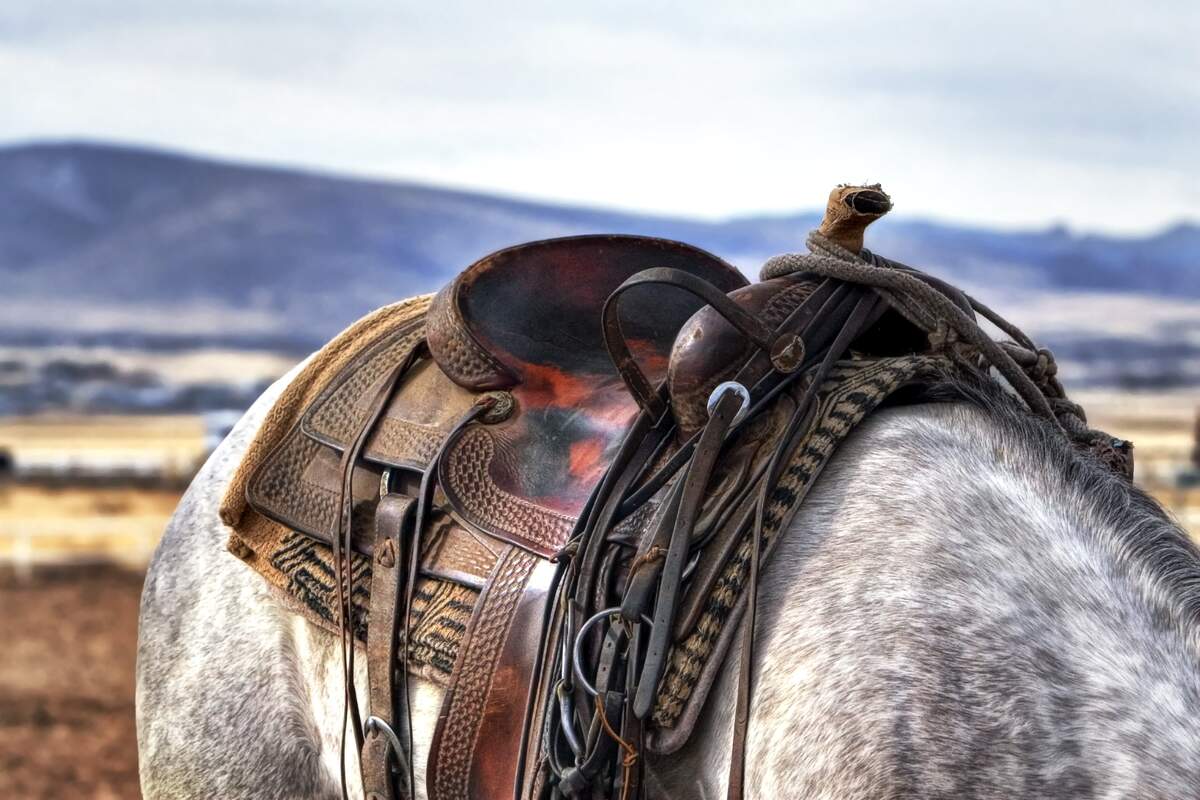

Go West Day
Observed
annually on July 13th
Dates
Hashtags
Sources
https://blog.genealogybank.com/fact-or-myth-did-horace-greeley-really-say-go-west-young-man.html
https://celebratepicturebooks.com/2020/07/13/july-13-go-west-day/
https://crazyrandomholidays.blogspot.com/2012/07/go-west-day.html
https://en.wikipedia.org/wiki/Go_West,_young_man
https://web.archive.org/web/20080905205806/http://blog.ragan.com/archives/speechblog/2006/07/go_west_young_m.html
https://www.history.com/topics/westward-expansion/manifest-destiny
https://www.history.com/topics/westward-expansion/westward-expansion
https://www.rarenewspapers.com/view/596170
In an editorial published on July 13, 1865, in response to the adverse conditions of city living and to encourage Civil War veterans to utilize the Homestead Act, New-York Daily Tribune writer and editor Horace Greeley reputedly wrote: "Washington is not a place to live in. The rents are high, the food is bad, the dust is disgusting and the morals are deplorable. Go West, young man, go West and grow up with the country." The veracity of the quote has been challenged, however, including by Timothy Hughes of "Rare & Early Newspapers." But a similar quote does appear in the editorial: "We earnestly urge upon all such to turn their faces Westward and colonize the public lands."
Greeley published a phrase similar to the original one on December 13, 1867: "Washington is not a nice place to live in. The rents are high, the food is bad, the dust is disgusting, the mud is very deep, and the morals are deplorable. But on a farm in the West these dissatisfied young men could not only make money, and live decently, but also be of some use to the country." Others have said that John B.L. Soule was the source of the original phrase, using it fourteen years before Greeley purportedly did, but this is also dubious.
Whether Greeley published the exact phrase on July 13th, the date that is Go West Day, or if it was paraphrased or written at a different time or by someone else, Greeley did share the sentiments of westward expansion. It is unknown how Go West Day got its start, but "Go West, young man" was one of the most commonly quoted phrases of the nineteenth century. Today we celebrate the phrase and all of those who made the journey west. Just as people still travel to new lands for a better life for themselves and their families, so it was for many Americans who moved to the West during the nineteenth century.
The Louisiana Purchase, signed in 1803, opened the doors for westward expansion. With it, President Thomas Jefferson purchased 828,000 square miles of land from France for $15 million, which almost doubled the size of the United States. It encompassed the area between the Mississippi River and the Rocky Mountains, and between Canada and New Orleans. Shortly after, the Lewis and Clark Expedition explored the land.
The explosion in population in the first half of the nineteenth century was another factor that drove people to the West. Approximately 5 million people lived in the United States in 1800, but by 1850 the number was over 23 million. Economic depressions in 1819 and 1839 also played a role in convincing people to get up and move. Also, in 1823, President James Monroe declared that the United States had the sole right to expand in the Western Hemisphere, saying that European nations should not colonize there and that if they did it would be interpreted as an act of war. This later became known as the Monroe Doctrine.
"Go West, young man" is similar in sentiment to Manifest Destiny, a concept coined in 1845, likely by newspaper editor John O'Sullivan, which said the United States was destined by God to spread across the whole North American continent to the Pacific Ocean, bringing democracy and capitalism. It underpinned America's territorial expansion during the second half of the nineteenth century and was used to justify the dislocation of Native Americans.
In the 1840s, the mentality behind Manifest Destiny played a role in the debates over the drawing of the border of Oregon—an area which many settlers had arrived at using the Oregon Trail—and of the annexation of Texas as a state. It also helped lead to the Mexican-American War. Following the war, the Treaty of Guadalupe Hidalgo gave the United States 525,000 square miles of land, including all or parts of Colorado, New Mexico, Nevada, Utah, Wyoming, Arizona, and California. The debate over slavery also came to the forefront with westward expansion, when new territories debated if they should allow it.
On Go West Day, we celebrate the phrase "Go West, young man,"—which may or may not have been thought up by Horace Greeley—as well as those who traveled west during the nineteenth century in search of a better life. There were iniquitous moments during this time that should not be forgotten, such as the removal of Native Americans and the introduction of slavery to new territories, but there were moments of courage and bravery as well, and those are what are celebrated today.
How to Observe Go West Day
Some ways you could observe the day include:
- Use the phrase "Go West, young man."
- Read a book about westward expansion.
- Read a book about or by Horace Greeley.
- Watch a documentary such as The American West or The West.
- Travel to the West! While doing so you could stop at a location on the Lewis & Clark National Historic Trail or Oregon National Historic Trail, or visit an attraction of the Wild West.
- Move to the West!





















